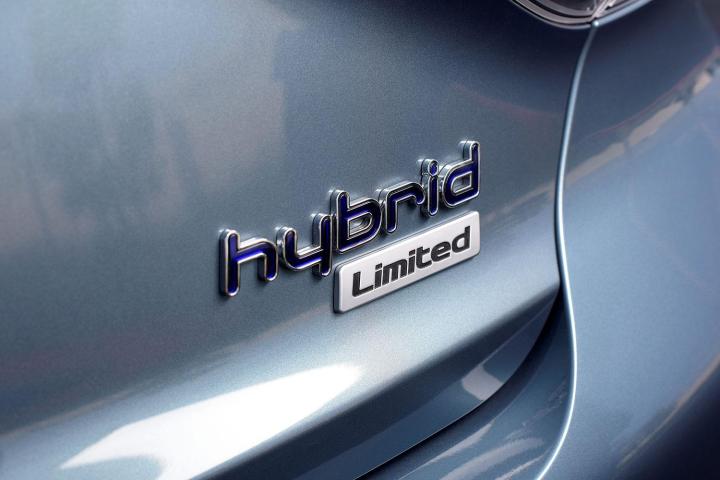
The two Korean brands are moving ahead with plans to take a bigger bite of the green-car market over the next few years. They are looking to launch four hybrids, plus two plug-in hybrids and an electric car, in the U.S. over the next four years, reports Automotive News.
Last year, Hyundai and Kia announced plans to take the number two slot in green cars by 2020. To accomplish that goal, they’re expected to massively expand their lineups, which already include hybrid versions of the Hyundai Sonata and Kia Optima sedans, the electric Kia Soul EV, and the hydrogen Hyundai Tucson Fuel Cell.
Key to the expansion will be dedicated hybrid models which, like the Prius, won’t simply be hybridized versions of an existing model. Both Hyundai and Kia versions will reportedly use a 1.6-liter gasoline engine paired with an electric motor. The Hyundai may feature more traditional hatchback styling, while the Kia could look more like a crossover.
In addition, Hyundai will reportedly get a battery-electric model in 2017. Kia will stick with the Soul EV, although it’s unclear whether sales will expand beyond the handful of states where the car is currently offered.
In the nearer term, Hyundai will begin selling a plug-in hybrid version of the Sonata alongside the refreshed hybrid model. Since the Kia Optima is mechanically identical to the Sonata, both a new hybrid and a plug-in hybrid are expected to arrive as part of that model’s 2016 redesign.
Of course, simply offering more green models doesn’t automatically translate into sales dominance. The Korean newcomers will have to face off against bestsellers like the Prius and the Nissan Leaf in the electric-car field. If nothing else, buyers will have more options to choose from, which is never a bad thing.


